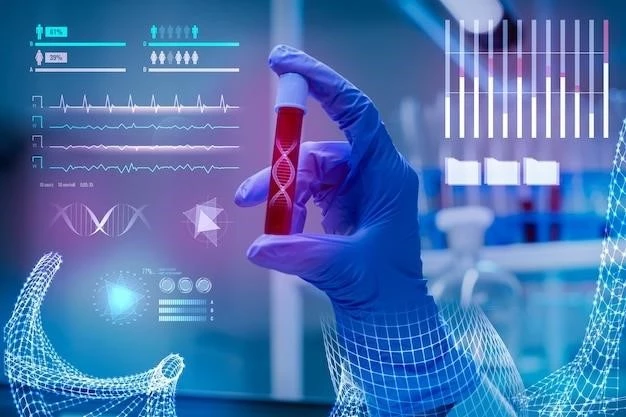Prograf⁚ Uses for Organ Transplant Rejection Prevention.
- Common Side Effects of Prograf Medication
Introduction to Prograf Medication
Prograf‚ also known as tacrolimus‚ is an immunosuppressive drug commonly used to prevent rejection in organ transplant recipients. It works by weakening the immune system to allow the transplanted organ to function successfully. This medication is crucial in organ transplant procedures‚ as rejection can be a significant threat to the recipient’s health and the success of the transplant.

Common Side Effects of Prograf Medication
Common side effects of Prograf medication may include tremors‚ headache‚ diarrhea‚ constipation‚ nausea‚ insomnia‚ or changes in appetite. Patients may also experience high blood pressure or high blood sugar levels. It is essential to monitor and report any side effects to your healthcare provider for proper management.
Risks and Benefits of Prograf Immunosuppressive Drug
The immunosuppressive drug Prograf has both risks and benefits. While it helps prevent organ rejection after transplants‚ it also increases the risk of infections and certain types of cancer. The benefits of using Prograf include successful organ transplants and improved quality of life for recipients. It is essential to weigh these risks and benefits with your healthcare team.
Managing Kidney Problems as a Side Effect of Prograf
Kidney problems can be a side effect of Prograf use. To manage this‚ healthcare providers may adjust the dosage or consider alternative medications. Monitoring kidney function through regular tests is crucial. Maintaining a healthy lifestyle‚ staying hydrated‚ and following a kidney-friendly diet can also help mitigate kidney issues associated with Prograf.
Serious Side Effects of Prograf⁚ Cancer Risk and Infections
Prograf carries a risk of developing certain types of cancer‚ especially skin cancer and lymphoma‚ due to its impact on the immune system. Patients taking Prograf are also more susceptible to infections like pneumonia or viral illnesses. It is crucial to discuss these risks with your healthcare team and follow regular check-ups to monitor for any signs of cancer or infections.
Introduction to AI in Healthcare
Artificial Intelligence (AI) plays a crucial role in healthcare by analyzing complex data‚ predicting outcomes‚ and improving patient care. In drug interactions‚ AI can identify potential issues by analyzing vast amounts of data quickly and accurately‚ helping healthcare providers make informed decisions to prevent harmful interactions and improve patient safety.
Role of AI in Detecting Prograf Drug Interactions
AI can analyze data to predict potential drug interactions with Prograf‚ ensuring the safety and effectiveness of treatment. By considering a patient’s medical history‚ current medications‚ and genetic factors‚ AI can provide personalized insights to healthcare providers‚ reducing the risk of harmful interactions and optimizing the use of Prograf in organ transplant recipients.
Advantages of AI in Drug Interaction Detection
The utilization of AI in detecting drug interactions offers benefits such as rapid and accurate analysis of vast datasets‚ early identification of potential risks‚ personalized insights for healthcare providers‚ and improved patient safety. AI enables proactive and precise monitoring of drug interactions‚ enhancing the quality of care and treatment outcomes for patients receiving medications like Prograf.
